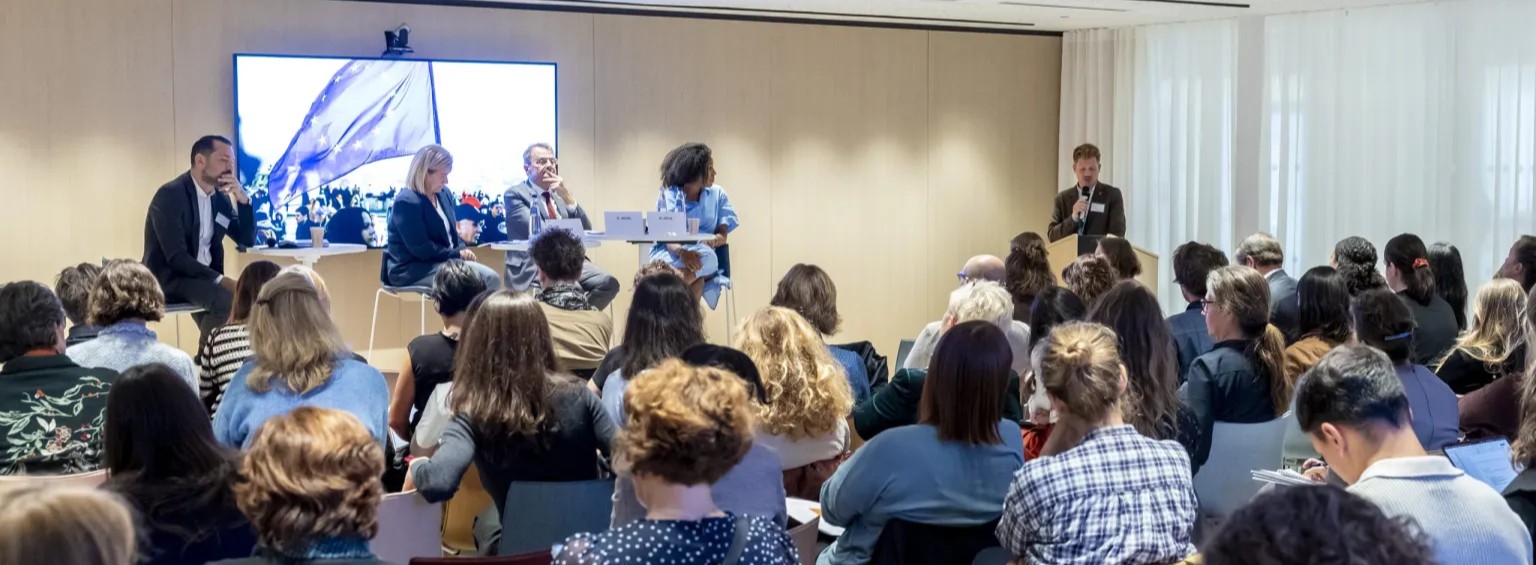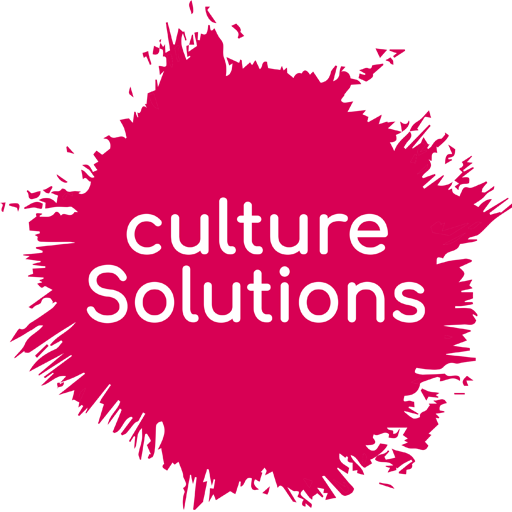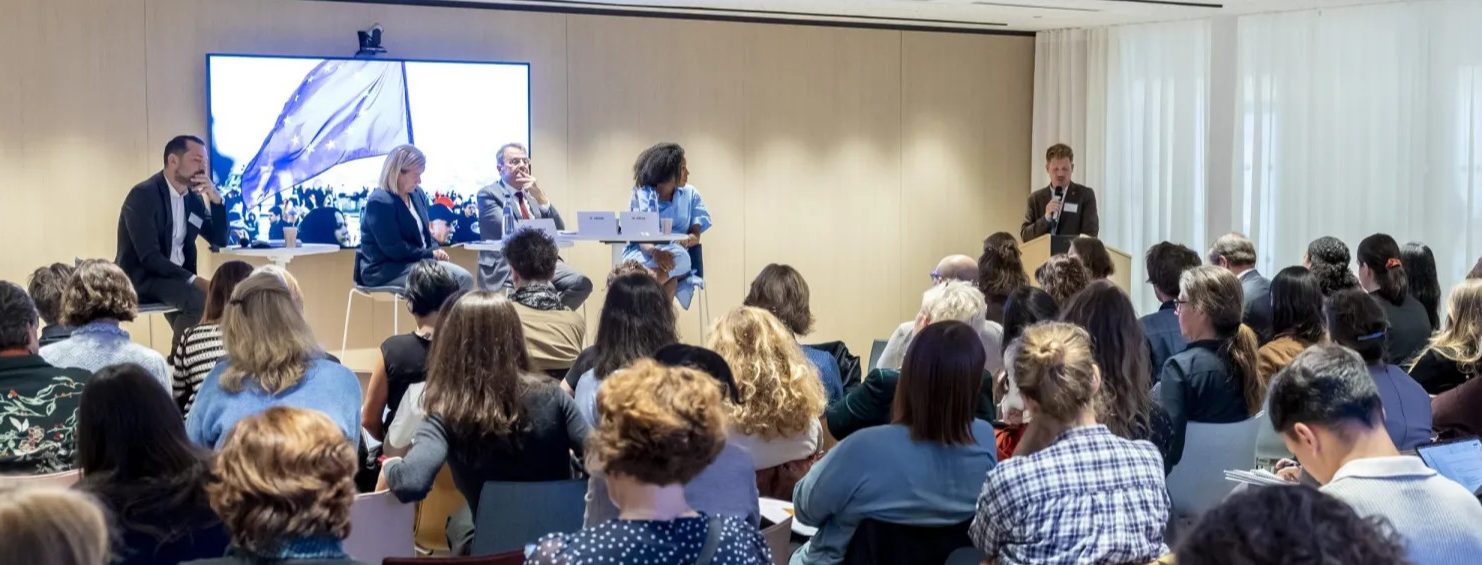Culture in the next MFF: What space for external cultural action in the next Global Europe financial instrument?

By Ludovica Fionda, Elise Cuny and Damien Helly
Building on an encouraging discussion on “Culture in the Next EU Budget” held at the European Parliament on 23 September (see blog post #1), this article highlights areas of cultural action where the EU could benefit from a stronger and more coordinated presence. Such an approach would help the EU and its Member States assert themselves among major global powers (the US, China, India) and remain a favoured partner for their democratic allies (Japan, Australia, New Zealand, Brazil, South Africa).
The EU and its Member States are facing an increasingly hostile geopolitical environment. This calls to join forces around a common approach in which the positive radiation of cultural action – underpinned by EU ICR principles fostering trust, people to people relations and fairness – could strengthen all other external action areas (climate, technological race, competition for rare earth and raw materials). The overarching risk is indeed for the EU and its Member States individually to become increasingly irrelevant, disliked or disregarded.
Global resistance against disinformation: the cultural weapon
Disinformation and manipulation of information threats harm both partners’ civil societies and democracies as well as the EU’s relationships with them. The World Economic Forum’s 2024 Global Risk Report informs that India ranks highest for the risk of disinformation and misinformation, with experts identifying it as the country’s top risk—surpassing infectious diseases, illicit economic activity, inequality, and labor shortages.
Hybrid threats enable a layering of conflict and dissent, in which cultural issues fit seamlessly. For example, Azerbaijan has responded to France’s criticism of its expansionist policies and defense cooperation with Armenia by promoting anti-French narratives rooted in anti-colonial discourse in Sub-Saharan Africa but also in the French Overseas Territories and Corsica.
Forging partnerships between universities and research centres in the cultural and creative industries can both highlight the EU’s value as a partner and strengthen connections within key research communities. The EU can leverage the international recognition and resources of the Erasmus+ and Horizon Europe programmes to support transnational collaborations aimed at detecting, preventing, and countering disinformation and information manipulation. The Team Europe Democracy Initiative could explicitly recognise culture and cultural actors as essential partners in achieving its mission. Targeted programmes in media training, fact-checking, and combating disinformation—particularly when adapted to creative formats popular with young audiences—are critical, especially in light of recent Gen Z-led protests in countries such as Nepal, the Philippines, Madagascar, and Morocco. By convening cultural and creative actors, information and media experts, future journalists, and civil society organisations, the EU and its partners can safeguard cultural diversity and information independence, establishing a strong foundation for democratic resilience.
Human-centric connectivity: championing democratic values
Building connections between cultural communities in Europe and partner countries creates meaningful opportunities for civil society actors—beyond senior officials and diplomats—to engage with the EU abroad. By deepening collaboration with the cultural sector, particularly writers whose independent and critical voices are vital to democratic life, the EU can acknowledge the central role of the arts in civil society and gain a more nuanced understanding of a country’s social and political climate.
Civil societies worldwide increasingly call for forums and spaces dedicated to dialogue, driven by an urgent need to (re)build trust. European funding is regarded as essential by cultural partners—not only to sustain such initiatives, but also to enable cultural dialogue in contexts where national governments may provide insufficient support.
Gender equality in global storytelling
The promotion of gender equality and the fight against gender-based discrimination must remain non-negotiable principles across all EU external actions, in line with the EU Gender Equality Strategy. Gender equality in culture and media is far from being achieved, both within the EU and globally. The 2025 Global Media Monitoring Project shows that only one in four people represented in the media is a woman — a figure that has barely improved over the past 15 years.
According to UNESCO’s Gender & Creativity report, women remain significantly underrepresented in managerial and decision-making roles, face consistent gender pay gaps, and often lack equal access to resources, particularly in emerging cultural sectors where stereotypes discourage women from pursuing creative careers. Past projects, such as Support to Livelihoods through Cultural Heritage Development in Jordan (2019–2023), demonstrate the positive impacts of inclusive gender analysis, baseline assessments, and dedicated funding in promoting women’s participation in the CCIs.
Global data and IP competition: the EU’s cultural advantage
Cultural IP challenges and the threat on cultural diversity should be located in a much larger strategic framework of geopolitical competition. As AI systems demand ever-larger datasets at lower costs, and some governments are tempted to degrade or deride copyright to the threat of creative economy work, like-minded states and unions must come together.
The EU can build on its normative leadership in AI ethics in a world where increasing numbers of countries seek meaningful regulation, fostering a cooperative approach among nations facing similar challenges and growing dependence on tech giants. AI preparedness, regulatory frameworks, and the protection of intellectual property should become core pillars of the EU’s external partnerships, linking culture to broader strategic priorities. Through its Intellectual Property Office (EUIPO), the EU could promote joint initiatives with legal experts and training programmes in partner countries, ensuring that the cultural sector is equipped to navigate and shape digital regulatory frameworks.
Double standards in cultural heritage protection: the long-term credibility loss
While the protection of cultural heritage remains a priority in the EU’s internal and enlargement agendas, the Union must be mindful of growing criticism regarding perceived double standards, particularly when comparing its support for Ukraine’s cultural sector with its approach to cultural professionals and heritage in Gaza and the West Bank. The EU must acknowledge that such inconsistencies risk damaging its credibility and undermining trust across its wider partnerships.
Allocation of financial and human resources to EU ICR
Finally, affirming the strategic aspects of culture cannot be achieved without addressing the challenges posed by underfunding and understaffing in EU Delegations — especially in the context of ongoing staff reductions and the creation of regional hubs. Providing EU Delegations with up-to-date guidance, adequate resources, and dedicated cultural focal points to effectively design and implement culture-led initiatives will be essential to realising the potential of cultural partnerships and supporting the EU’s ambition to assert its presence in a new geopolitical order.
The views expressed in this article are personal and are not the official position of culture Solutions as an organisation.
Photo credits: European Parliament

